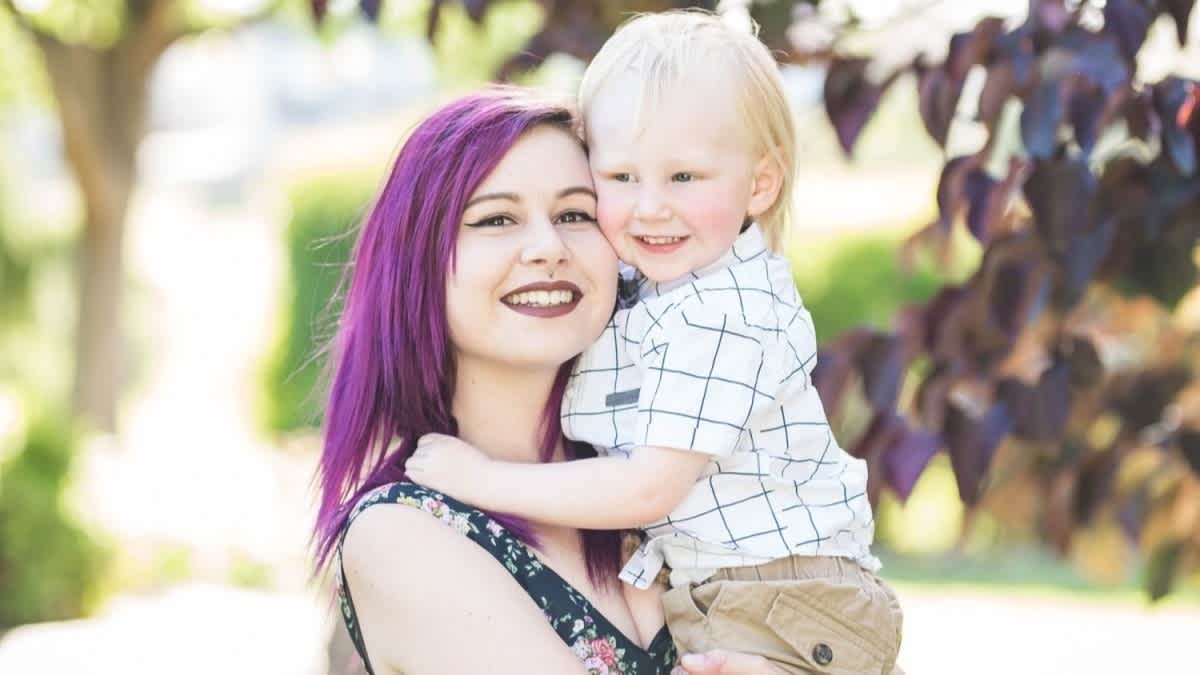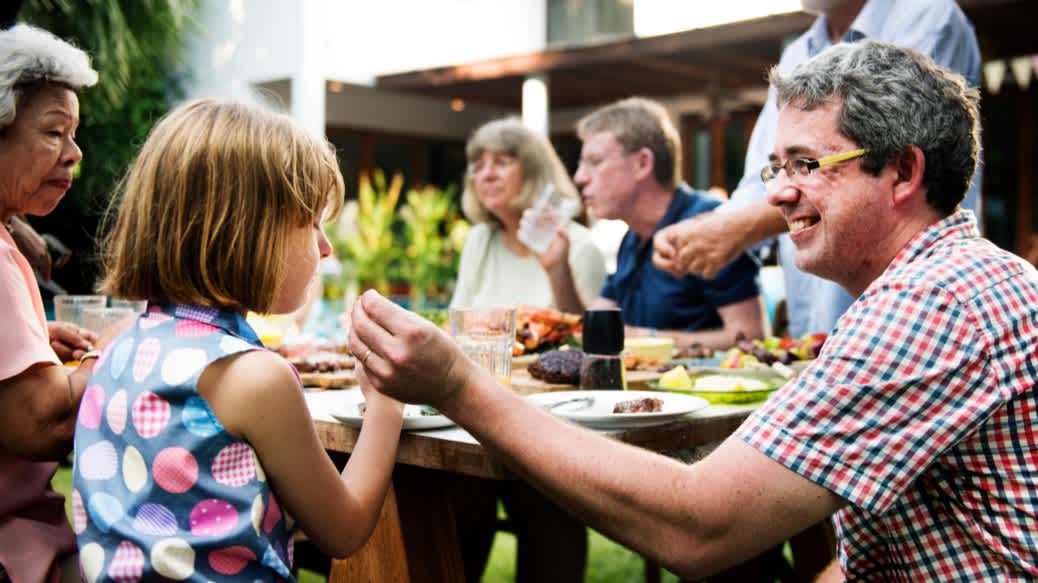We often hear prospective Foster Carers tell us they couldn't be a carer because they wouldn't be able to give children back, but we think reunification means hope and not heartbreak and here's why.

The best place for children to grow up is with their birth family
Children are best raised within their own family, either with their birth parents or extended family and all efforts should be made to achieve this outcome. We know most families can care for their children when given the right support to do so.
Children have a right for their families to be supported to care for them and have a right for the attachment they have formed in their early years with family to be honoured, either through reunification, or when this isn’t possible, the involvement of their birth families in their life.

Foster Carers provide a safe, loving home for a time when it is needed
A Foster Carer’s role is to provide a safe, loving home for a period of time, while a child cannot live safely at home with their birth family. The expectation should not be that the child will be with the foster carer for their entire childhood (though this does happen in some instances).
A Foster Carer’s goal is to form an attachment with the child based on safety and love that can help the child while they are dealing with the loss and separation from their family and possibly recovering from trauma, abuse or neglect. In the Foster Carer’s home the child should feel safe, wanted and able to be a kid, without having to take on the worries they may have previously been carrying.

Children have a right to know and be loved by their birth families
This can mean different things in different situations. In the first instance, this means reunification wherever possible. If this is not possible, the foster carer’s role is to be open to working with birth families, including siblings, aunties, uncles and grandparents. This gives children a sense of identity and belonging which in turn helps them to thrive as they grow into adulthood.
“They love their kids just like everyone else, the kids are not removed from a lack of love. The best part for me, apart from working with young kids, was working with the birth families.
— Brie, Foster Carer
"There’s something really rewarding about updating the parents on how their child is doing and seeing the relief in the parent’s face when they know their child is in a safe, loving home,” said Brie.
Even though reunification is a happy moment, saying goodbye is hard
Foster carers tell us saying goodbye can be hard. Just like anything worth doing isn’t easy, saying goodbye to a child you’ve formed an attachment with isn’t easy either.
“You do love them, and they’ll always have a space."
— Brie, Foster Carer.
"You’re allowed to have emotions and show them, but what you’re also doing for that child is creating emotional safety. A space where adults know what’s coming and are allowed to express themselves in healthy ways,” said Brie.
While it can be hard, having the right mindset and expectations from the beginning can help.
We believe the best interests of children must always come first. For this reason, we are committed to supporting children to be restored to their birth family wherever possible. We don't make these reunification decisions, they are determined by the Children’s authority in each state, but we believe strongly in reunification and including birth families in the lives of children in foster care, whenever it is safe to do so. Could you provide a loving, safe and supportive home for a child who is unable to live with their family at present? Learn more about becoming a Foster Carer.


